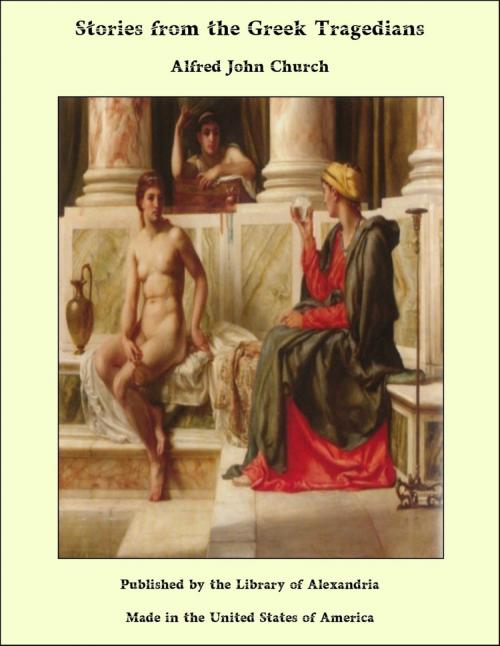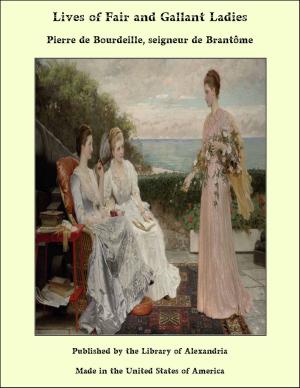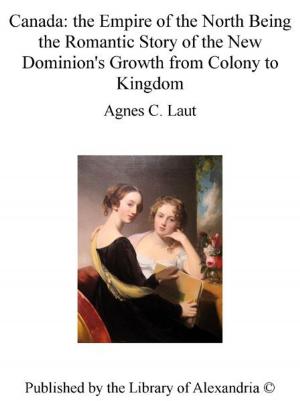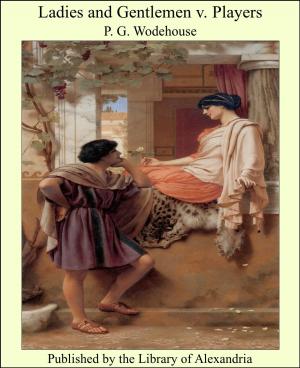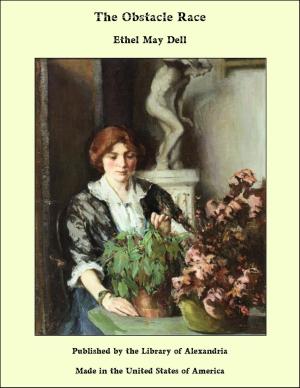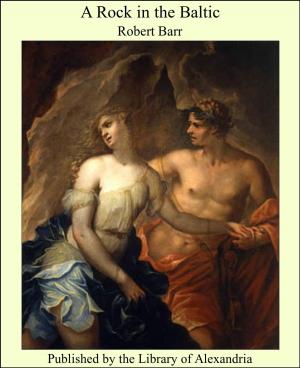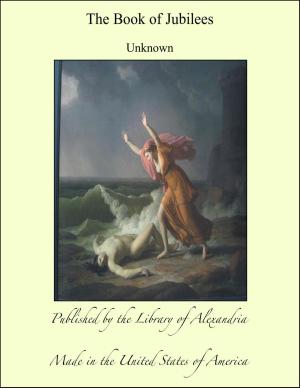Stories from the Greek Tragedians
Nonfiction, Religion & Spirituality, New Age, History, Fiction & Literature| Author: | Alfred John Church | ISBN: | 9781465610874 |
| Publisher: | Library of Alexandria | Publication: | March 8, 2015 |
| Imprint: | Language: | English |
| Author: | Alfred John Church |
| ISBN: | 9781465610874 |
| Publisher: | Library of Alexandria |
| Publication: | March 8, 2015 |
| Imprint: | |
| Language: | English |
In the meantime, within the palace, Alcestis prepared herself for death. And first she washed her body with pure water from the river, and then she took from her coffer of cedar her fairest apparel, and adorned herself therewith. Then, being so arranged, she stood before the hearth and prayed, saying, "O Queen Heré, behold! I depart this day. Do thou therefore keep my children, giving to this one a noble husband and to that a loving wife." And all the altars that were in the house she visited in like manner, crowning them with myrtle leaves and praying at them. Nor did she weep at all, or groan, or grow pale. But at the last, when she came to her chamber, she cast herself upon the bed and kissed it, crying, "I hate thee not, though I die for thee, giving myself for my husband. And thee another wife shall possess, not more true than I am, but, maybe, more fortunate!" And after she had left the chamber, she turned to it again and again with many tears. And all the while her children clung to her garments, and she took them up in her arms, the one first and then the other, and kissed them. And all the servants that were in the house bewailed their mistress, nor did she fail to reach her hand to each of them, greeting him. There was not one of them so vile but she spake to him and was spoken to again. After this, when the hour was now come when she must die, she cried to her husband (for he held her in his arms, as if he would have stayed her that she should not depart), "I see the boat of the dead, and Charon standing with his hand upon the pole, who calleth me, saying, 'Hasten; thou delayest us;' and then again, 'A winged messenger of the dead looketh at me from under his dark eyebrows, and would lead me away. Dost thou not see him?'" Then after this she seemed now ready to die, yet again she gathered strength, and said to the King, "Listen, and I will tell thee before I die what I would have thee do. Thou knowest how I have given my life for thy life. For when I might have lived, and had for my husband any prince of Thessaly that I would—and dwelt here in wealth and royal state, yet could I not endure to be widowed of thee and that thy children should be fatherless. There, fore I spared not myself, though thy father and she that bare thee betrayed thee. But the Gods have ordered all this after their own pleasure. So be it. Do thou therefore make this recompense, which indeed thou owest to me, for what will not a man give for his life? Thou lovest these children even as I love them. Suffer them then to be rulers in this house, and bring not a step-mother over them who shall hate them and deal with them unkindly. A son, indeed, hath a tower of strength in his father. But, O my daughter, how shall it fare with thee, for thy mother will not give thee in marriage, nor be with thee, comforting thee in thy travail of children, when a mother most showeth kindness and love. And now farewell, for I die this day. And thou, too, farewell, my husband. Thou losest a true wife, and ye, too, my children, a true mother."
In the meantime, within the palace, Alcestis prepared herself for death. And first she washed her body with pure water from the river, and then she took from her coffer of cedar her fairest apparel, and adorned herself therewith. Then, being so arranged, she stood before the hearth and prayed, saying, "O Queen Heré, behold! I depart this day. Do thou therefore keep my children, giving to this one a noble husband and to that a loving wife." And all the altars that were in the house she visited in like manner, crowning them with myrtle leaves and praying at them. Nor did she weep at all, or groan, or grow pale. But at the last, when she came to her chamber, she cast herself upon the bed and kissed it, crying, "I hate thee not, though I die for thee, giving myself for my husband. And thee another wife shall possess, not more true than I am, but, maybe, more fortunate!" And after she had left the chamber, she turned to it again and again with many tears. And all the while her children clung to her garments, and she took them up in her arms, the one first and then the other, and kissed them. And all the servants that were in the house bewailed their mistress, nor did she fail to reach her hand to each of them, greeting him. There was not one of them so vile but she spake to him and was spoken to again. After this, when the hour was now come when she must die, she cried to her husband (for he held her in his arms, as if he would have stayed her that she should not depart), "I see the boat of the dead, and Charon standing with his hand upon the pole, who calleth me, saying, 'Hasten; thou delayest us;' and then again, 'A winged messenger of the dead looketh at me from under his dark eyebrows, and would lead me away. Dost thou not see him?'" Then after this she seemed now ready to die, yet again she gathered strength, and said to the King, "Listen, and I will tell thee before I die what I would have thee do. Thou knowest how I have given my life for thy life. For when I might have lived, and had for my husband any prince of Thessaly that I would—and dwelt here in wealth and royal state, yet could I not endure to be widowed of thee and that thy children should be fatherless. There, fore I spared not myself, though thy father and she that bare thee betrayed thee. But the Gods have ordered all this after their own pleasure. So be it. Do thou therefore make this recompense, which indeed thou owest to me, for what will not a man give for his life? Thou lovest these children even as I love them. Suffer them then to be rulers in this house, and bring not a step-mother over them who shall hate them and deal with them unkindly. A son, indeed, hath a tower of strength in his father. But, O my daughter, how shall it fare with thee, for thy mother will not give thee in marriage, nor be with thee, comforting thee in thy travail of children, when a mother most showeth kindness and love. And now farewell, for I die this day. And thou, too, farewell, my husband. Thou losest a true wife, and ye, too, my children, a true mother."
